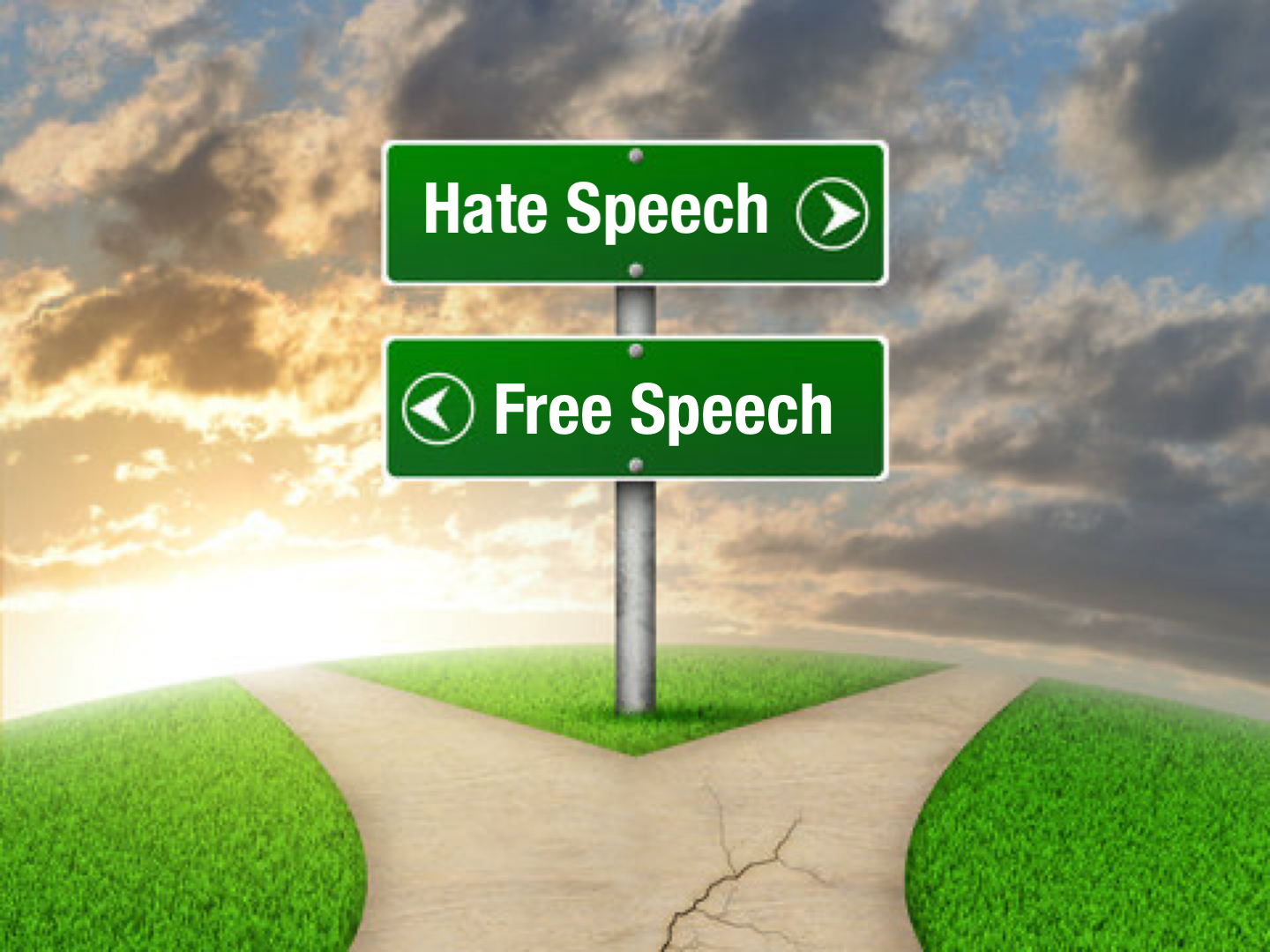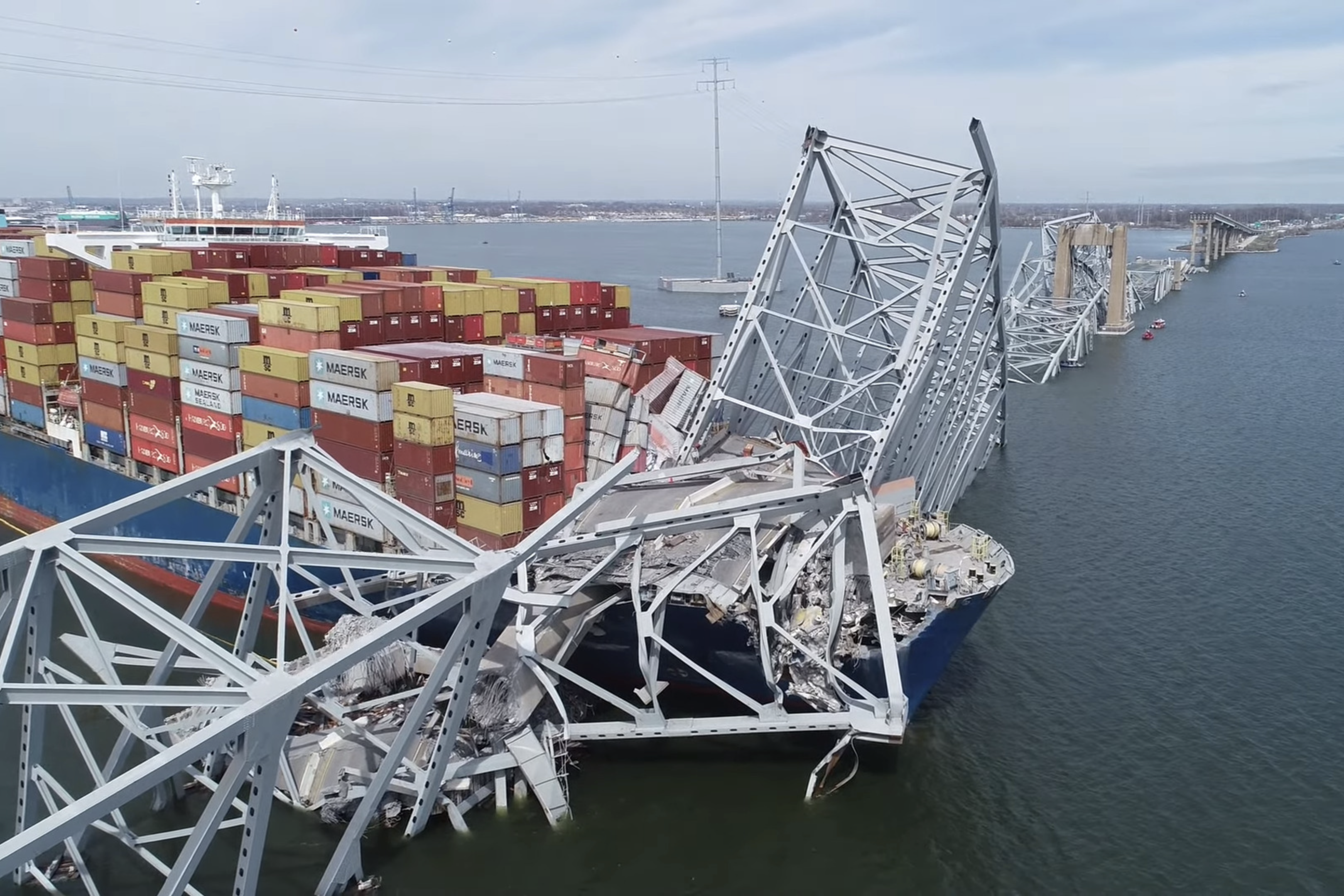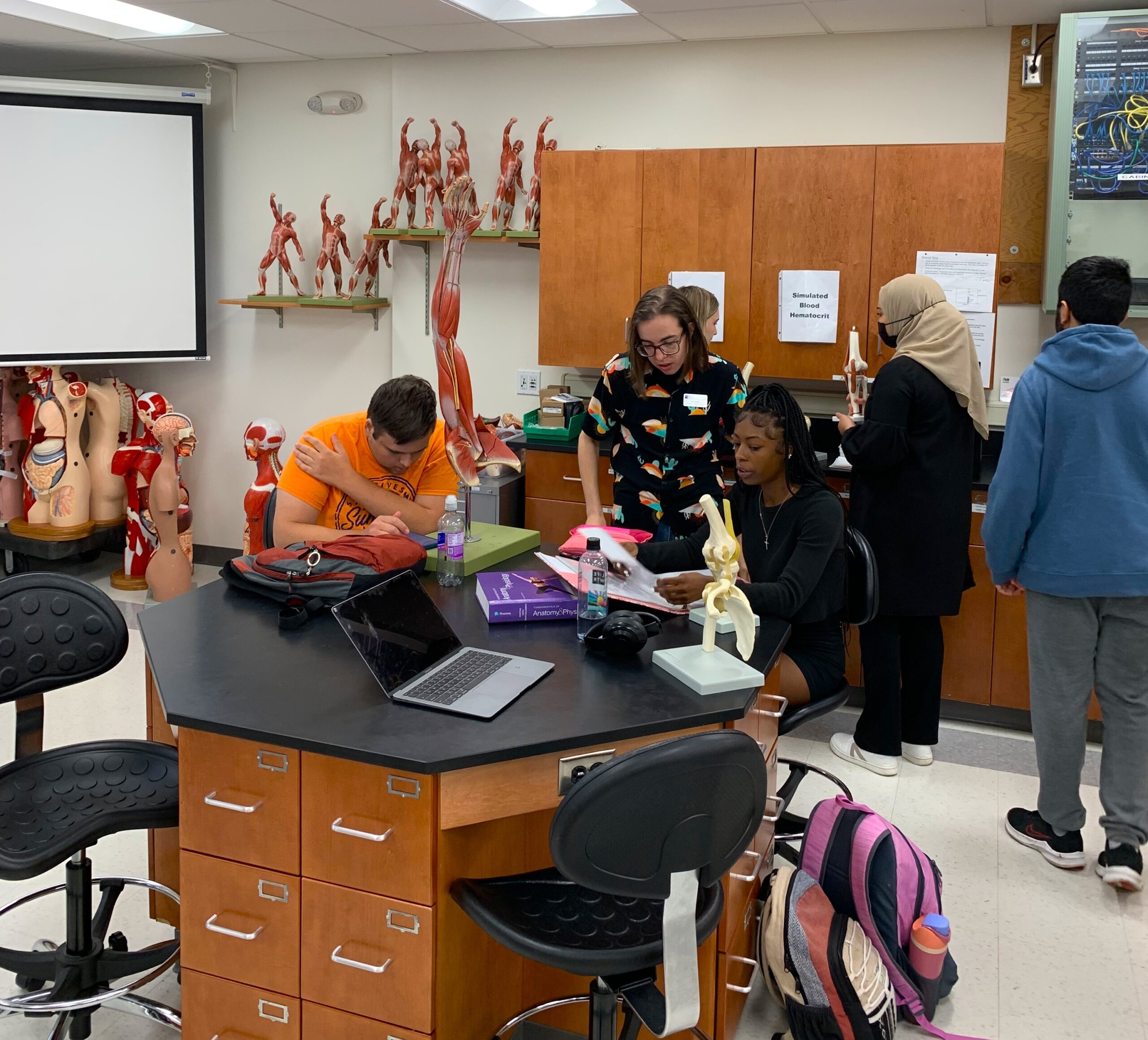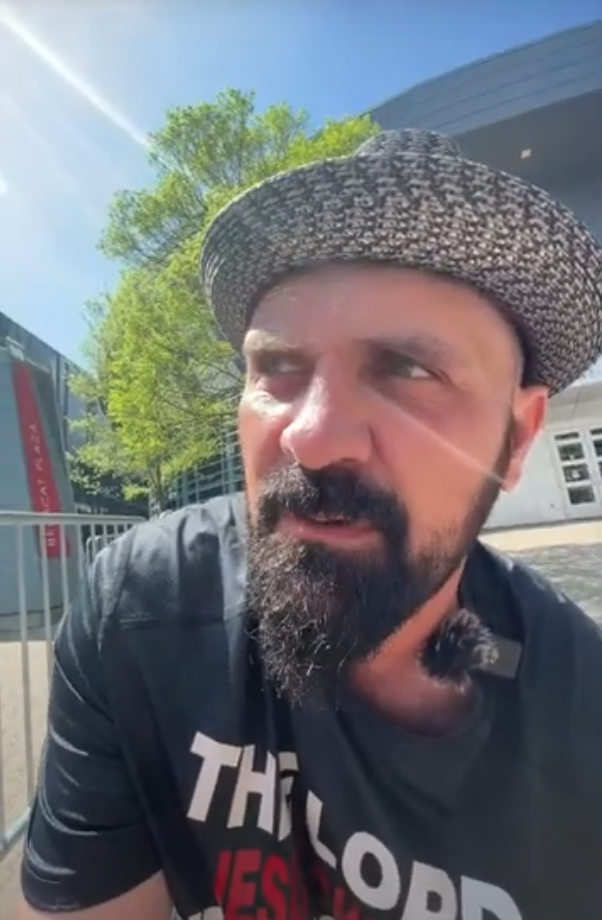Middle East protests have global impact
By: Gretchen Daniels
-Copy Editor-

September saw a wave of protests stretch across the Middle East. On Sept. 11, protesters in Libya attacked the U.S. consulate in Benghazi, which lead to the death of U.S. Ambassador to Libya J. Christopher Stevens and three other Americans. That same night protesters in Cairo scaled the walls of the U.S. embassy tearing down the American flag. In the following days, protests not only spread to Middle Eastern countries like Lebanon and Iran, but also to western countries like Australia and France.
Conflicting statements coming from the White House have lead to confusion as to the origins of the first, violent protests. It is unclear if the protests were planned and aligned with the anniversary of the September 11th attacks, or a spontaneous response to the anti-Islam movie clip, “Innocence of Muslims.”
STLCC-Meramec’sInternational Relations professor Dr. John Messmer believes these protests are a result of the Arab Spring as some of these countries adjust to challenges in a new democratic government.
“When you have more freedom you will have more faction. Which means you will have more freedom to want to emphasize your anger.” Messmer said. “I think this was inevitable when you look at democracy as being a process. These governments are sort of going through the processes of understanding what they need to do in order to handle a population that feels it has this power to express themselves.”
One of the adjustments a new democracy has to make is to define what democracy will be for their country.
“In their universe, religion and politics are much more aligned, much more related. And I think, at least from the American perspective, we have a prejudice in not respecting that different perspective,” Messmer said.
Much of the power of expression from these protests has been in support of the Muslim prophet Muhammad, who was portrayed as immoral and a child molester in the film clip.
Meramec student Syed Alam said there are common misconceptions in the U.S. regarding Islam.
“It all has to do with how some people see our religion. Some people see our religion as, which it is not, a terrorist religion,” Alam said. “In fact, we reach out to other cultures. Our religion says if you kill a man, you kill all of mankind.”
Dr. Messmer hopes for positive outcomes for the future. “It was encouraging to see these governments, when they made their official announcements, let the world know that this was not something they tolerated,” Messmer said. “They didn’t hesitate to apologize, and though that may seem hollow, given what one could say was their local political pressure I think that was very significant.”
Alam suggests the path to peace is by offering to help communities in need, even if they are a different religion. “We are a peaceful culture and religion,” Alam said. “We all want peace.”











